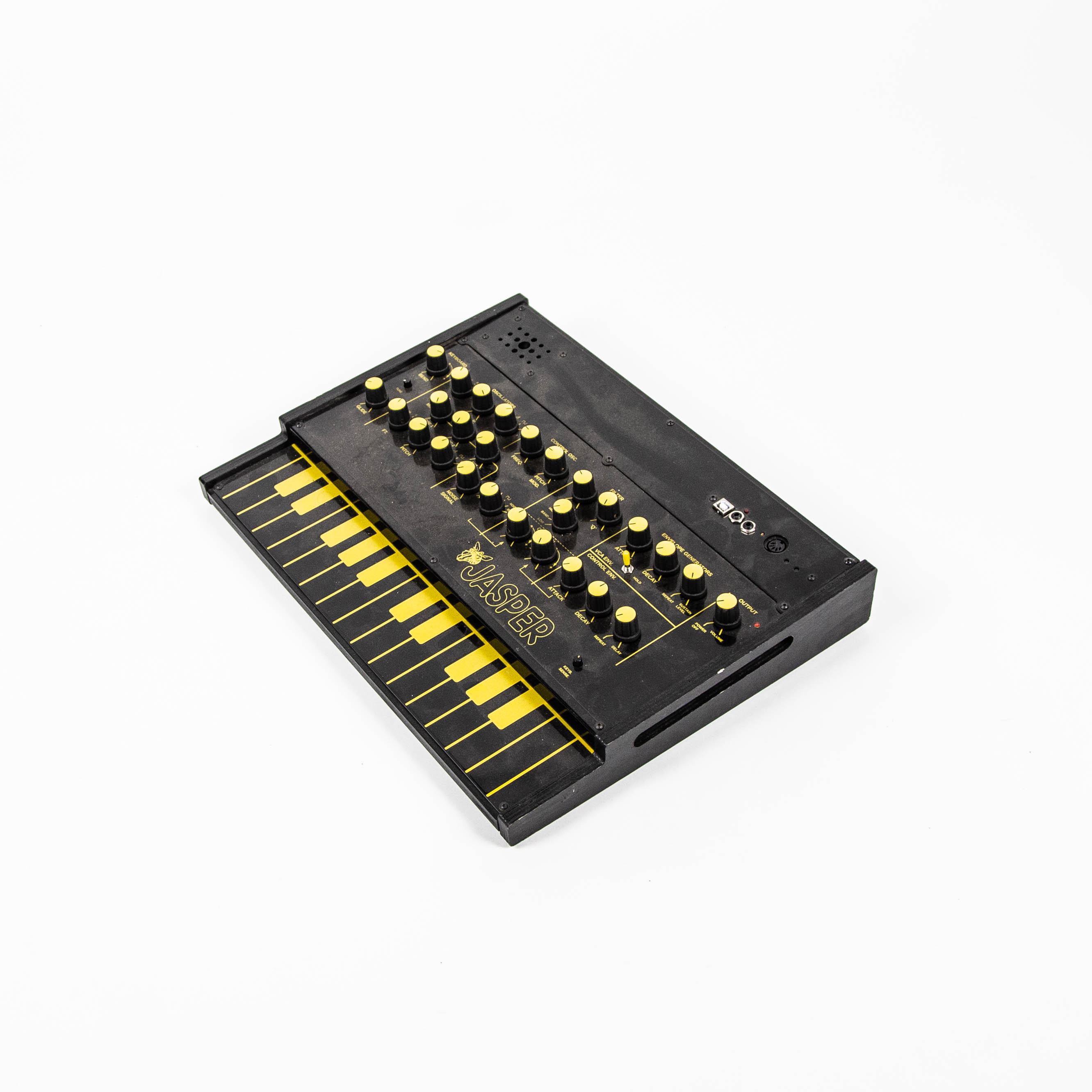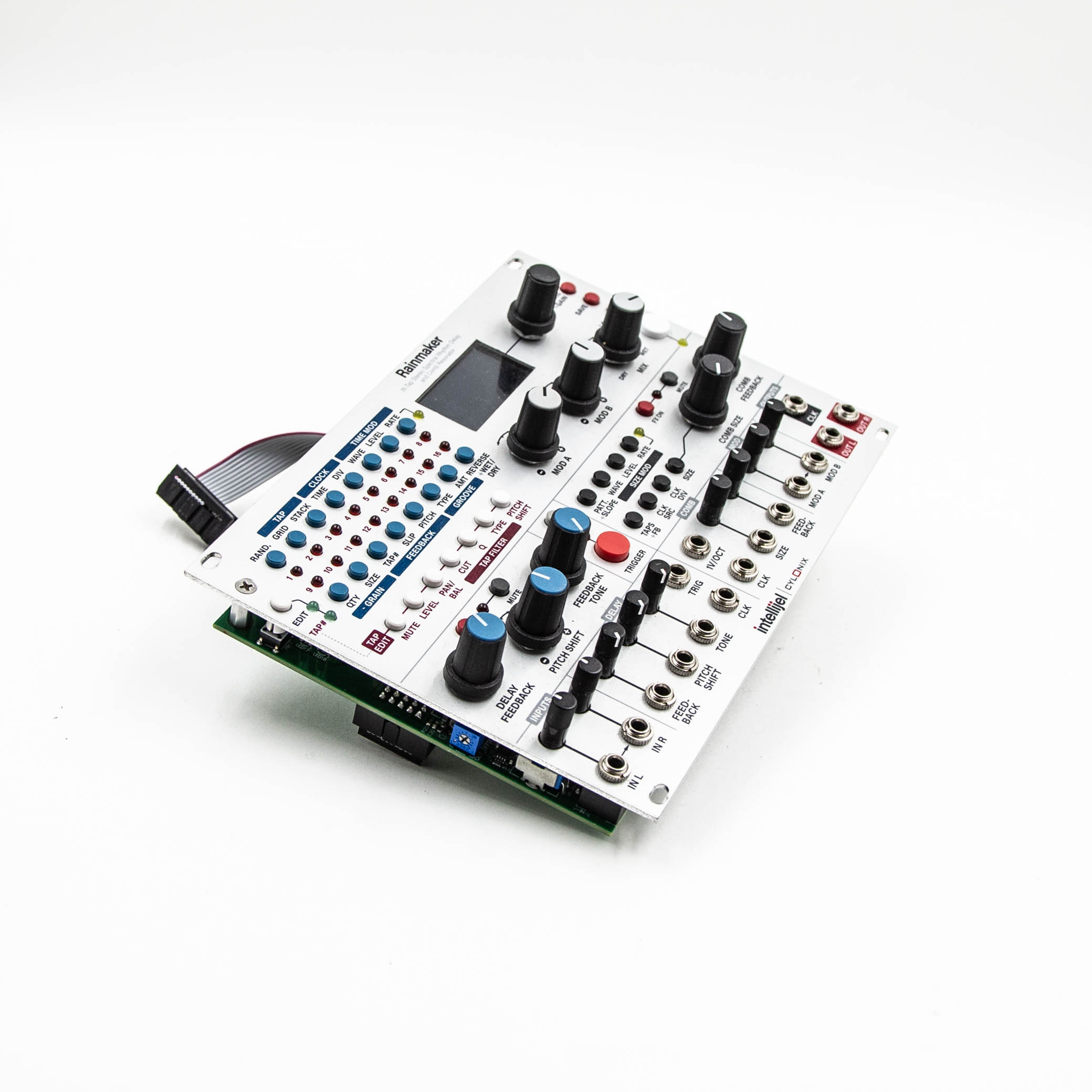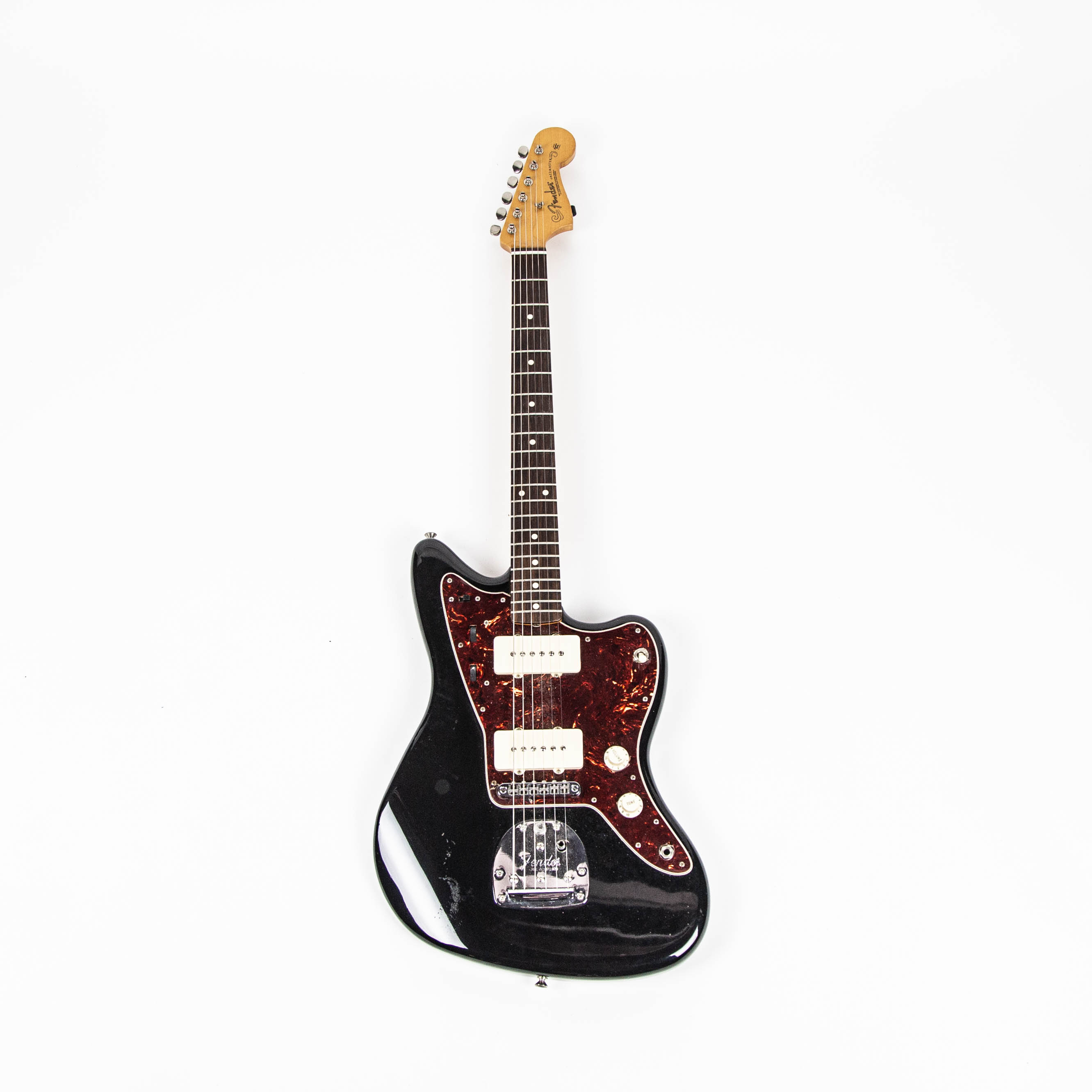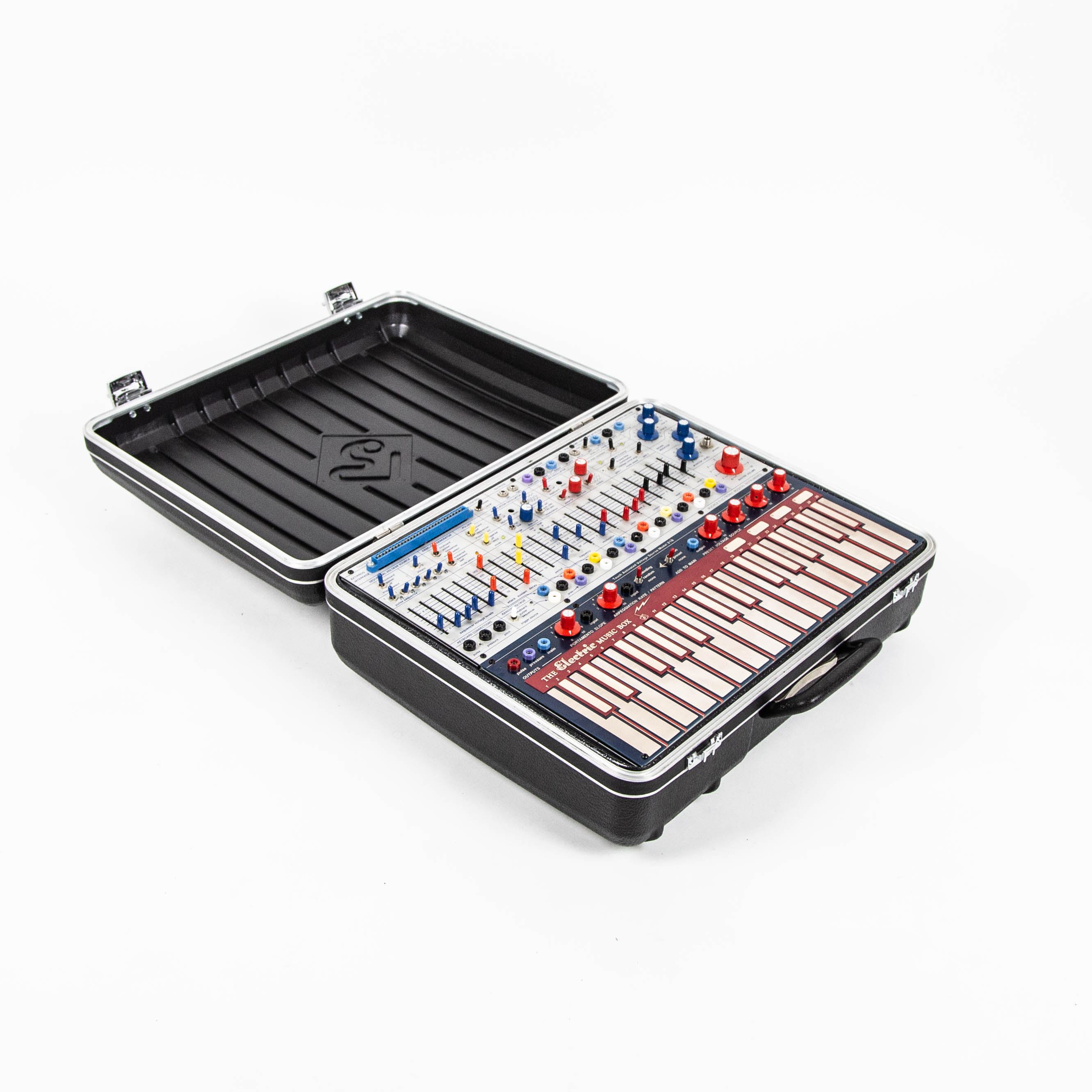In the early 2010s, few genres had a vice grip on culture as chillwave did. And from its early days to its modern iterations Alan Palomo, aka Neon Indian, has been at the top of this vibey scene.
Starting today, you can buy a piece of Palomo's treasure trove of unique gear because The Official Alan Palomo of Neon Indian Reverb Shop is open.
Palomo’s shop contains mostly electronic gear used on his acclaimed albums, scores he has composed, and tours. Plus, it features instruments from his upcoming record—his first since 2015—due out this year.
Among the shop’s highlights is a Jasper Wasp clone used for the solo on Neon Indian’s latest single, "Toyota Man." The synth is a DIY build of the legendary Electronic Dream Plant (EDP) Wasp synth. The Wasp gained a reputation in the late ‘70s for its nasty tone, low price, and striking black and yellow color scheme, becoming a post-punk staple in the process.







In addition to The Wasp clone, The Official Alan Palomo of Neon Indian Reverb Shop also includes:
- Two Korg Poly-800 synthesizers that Palomo used live and on his critically acclaimed 2015 album, Vega Intl. Night School.
- A Fender Jazzmaster used throughout his second album, Era Extrana.
- An Intellijel Rainmaker, a Eurorack delay module, that he uses on the upcoming Neon Indian album.
- A Roland SH-101 heard on his 2011 single, "Polish Girl." The SH-101 became a staple in ‘90s house music because of its inexpensiveness, sharp leads, and smooth filter.
Pick up your piece of chillwave history now in The Official Alan Palomo of Neon Indian Reverb Shop.
